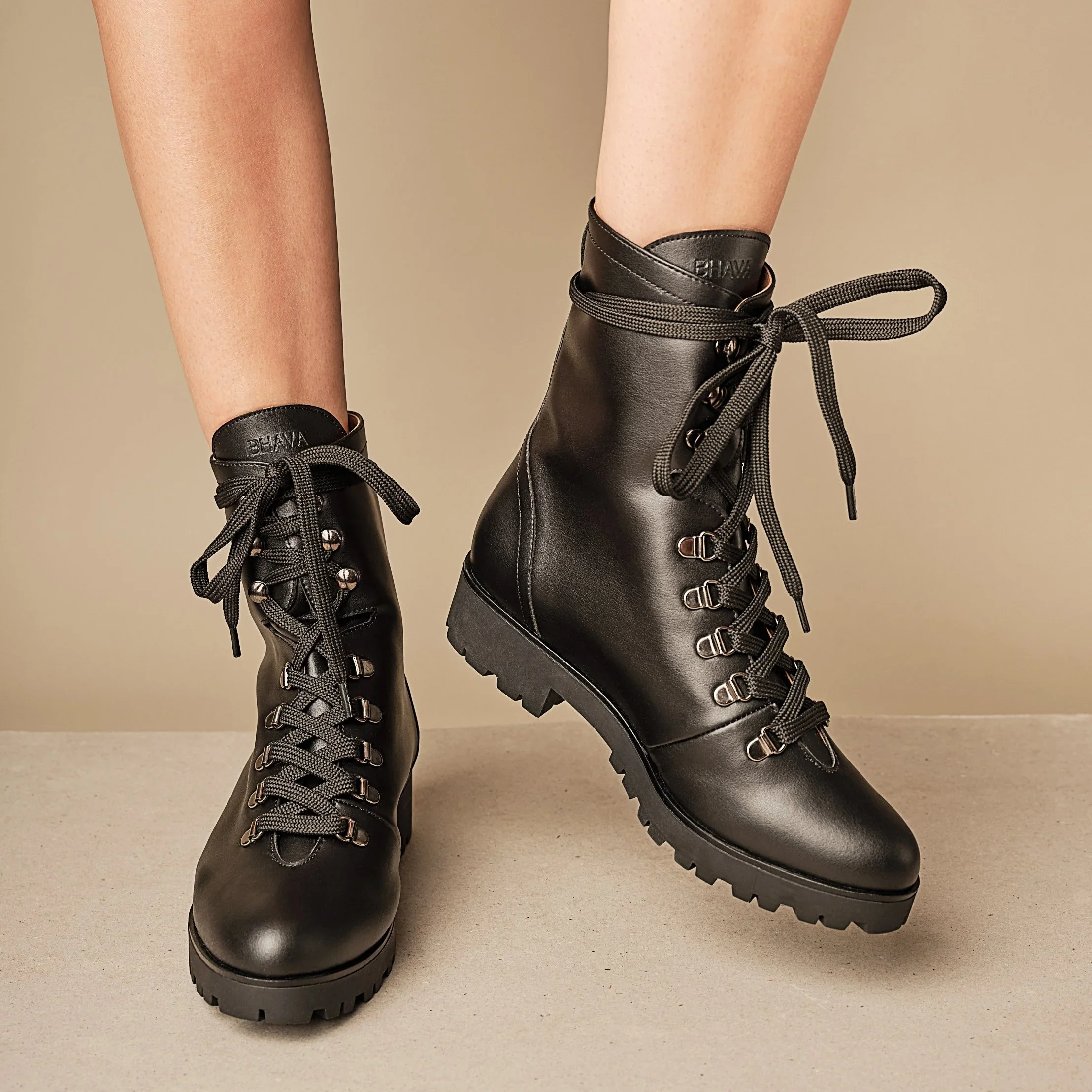First large-scale donkey slaughterhouse opens in Pakistan in response to surging ejiao trade
Capable of processing 300,000 donkey skins annually, the facility could be the first of many as Pakistan expands its role in the global demand for ejiao.
Donkeys are now being killed in Pakistan’s first large-scale slaughterhouse, driven by the surge in demand for donkey hides in China.
The newly established slaughterhouse is located in Gwadar, a small port town that China is developing under its global trade initiative to connect with the rest of the world.
Owned by China’s Hangeng Trade Company, the $7 million slaughterhouse is set to supply about 300,000 donkey skins a year to China, according to officials.
At a National Assembly Standing Committee on Food Security meeting, officials disclosed that Pakistan and China have signed an agreement to export donkey by-products. The committee also heard that this could mark the beginning of large-scale slaughter operations in the country, with Chinese companies reportedly interested in establishing more facilities nationwide.
Ejiao is made from boiling the hides of donkeys and used in cosmetics, candy, and traditional Chinese medicine. Nearly five million donkey hides are required to satisfy the demand for ejiao every year, while the domestic supply falls considerably short at less than 1.8 million, according to a report from Chinese state-run media outlet Xinhua.
This has resulted in steep declines in donkey populations around the world, particularly across Africa. In efforts to protect their rapidly dwindling donkey populations, the African Union enacted a 15-year ban on the slaughter of donkeys for their skin across the entire continent in 2024.
With an estimated 5.9 million donkeys, Pakistan now has the third largest donkey population in the world. A surge in demand for donkey skins has driven controversial policy shifts over the past decade. In 2015, following a 142% spike in skin exports within a single year, Pakistan imposed a ban. But in 2023, that ban was reversed after years of deliberation.
Back in 2019, the Livestock Development Division of Khyber Pakhtunkhwa Province announced plans to export 80,000 donkeys to China over three years. This was followed by the 2021 construction of a government-owned donkey farm in Punjab province, spanning more than 3,000 acres, reportedly the first of its kind.
Pakistan's donkey population also grew by 100,000 in the 2022–2023 fiscal year. While official explanations are limited, some speculate the rise reflects increased demand driven by the China trade.
Ejiao’s popularity has surged in recent years, partly driven by its appearance in the 2011 Chinese television drama Empress in the Palace, according to Reuters. Demand has also been fueled by China’s expanding middle class and ageing population.
Around 90 percent of ejiao production takes place in China’s Shandong province. The domestic industry is controlled by four major companies, with Dong-E-E-Jiao alone accounting for 60 percent of the market. Fu has 15 percent of the market, while Taiji and Tongrentang Ejiao both have 10 percent, according to Lauren Johnston, an expert on China-Africa relations who published a study last year titled “China, Africa and the Market for Donkeys”.
The price of ejiao has skyrocketed 30-fold over the past decade from 100 yuan to 2,986 yuan ($420) per 500 grams, according to Chinese state media.
Investigations have uncovered rampant abuse surrounding the donkey skin industry. The animals are transported to slaughterhouses in cramped vehicles with no food or water. As a result, many fall sick or suffer injuries en route, and pregnant jennies often abort their fetuses. Those who do not starve or succumb to dehydration during the traumatic journey are violently killed at the slaughterhouse.
The United States is playing a major part in the trade, too. America is the third-largest importer of ejiao from mainland China, after Hong Kong and Japan, importing an estimated $12 million worth of donkey skin gelatin every year.
Reach out to your Member of the House of Representatives and ask them to do the right thing by cosponsoring the Ejiao Act once it is reintroduced in the 119th Congress. which will make it illegal to import donkey skin gelatin. You can send your message here - it takes less than 60 seconds.
We Have A Favor To Ask…
Species Unite amplifies well-researched solutions to some of the most abusive animal industries operating today.
At this crucial moment, with worldwide momentum for change building, it’s vital we share these animal-free solutions with the world - and we need your help.
We’re a nonprofit, and so to keep sharing these solutions, we’re relying on you - with your support, we can continue our essential work in growing a powerful community of animal advocates this year.





